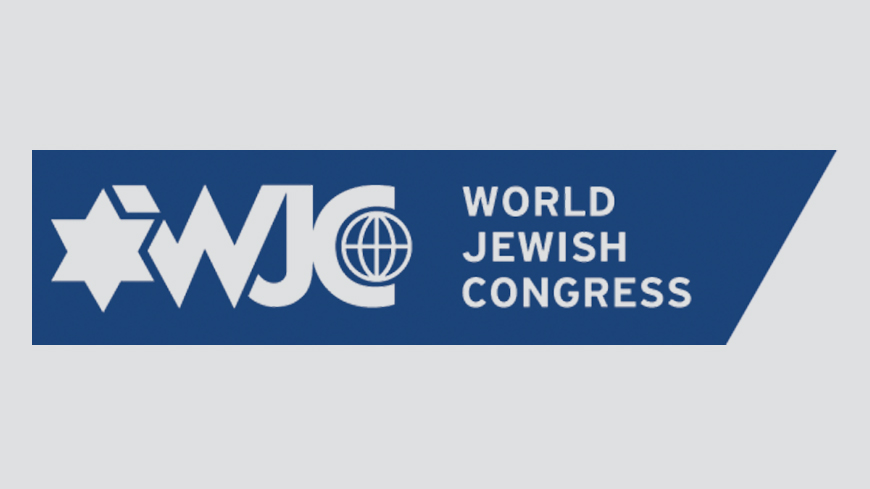Excellencies, colleagues, ladies and gentlemen,
Good afternoon from Strasbourg, France and thank you for your invitation to participate in this meeting and to join the group of special envoys and co-ordinators.
I took over the position of Council of Europe Special Representative on antisemitic, anti-Muslim and other forms of religious intolerance and hate crimes just two weeks ago.
Part of the reason for the Secretary General to create this new position was precisely so that the Council of Europe should be adequately represented in fora like this one, and to have a counterpart to you as representatives of your organisations. I very much look forward to working with you.
One of main objectives of the Council of Europe since the early part of the year has been to ensure that the responses of governments to the COVID pandemic are based on the rule of law, remain proportionate and do not unduly restrict fundamental rights and freedoms. And they must be limited in time.
The fight against discrimination, on the other hand, including on grounds of religion or belief, has been at the core of the Council of Europe’s mission from the outset. We have been active in promoting interreligious dialogue and we have a long tradition of supporting Holocaust remembrance.
The European Convention on Human Rights was, to a large part, a response to the Holocaust itself. Seventy years later, as all of us are painfully aware, antisemitism and other forms of intolerance and racism are on the rise in many parts of Europe.
This is the other main reason the Secretary General, as the guardian of the Human Rights Convention, has decided to create a focal point and reinforce our work in this area.
My specific task as Special Representative is to join forces at the European level and internationally to ensure the collective expertise of the Council of Europe is put to full use in our common efforts.
Many, if not most, hate crimes today are incited and aggravated by hate speech on the Internet. The question of how to counter hate speech online is also a priority of the German Presidency of the Council of Europe which started yesterday, running in parallel with the final weeks of German EU Presidency. The Presidency intends to compare the quite diverse approaches to combatting hate speech in our 47 member states with a view to assessing possible policies at the European level.
As regards the fight against antisemitism, the Council of Europe has a particular role to play in two specific, but interconnected areas: History education and Holocaust remembrance.
As regards education, we want to ensure that teaching about antisemitism has a firm place in national school curricula. This is part of what we call education for democratic citizenship.
Concerning Holocaust remembrance, our executive body, the Committee of Ministers, is due to adopt a recommendation on passing on remembrance of the Holocaust and preventing crimes against humanity.
Indeed, I think the Council of Europe can contribute to shaping the future of Holocaust remembrance when there will be no direct witnesses to give testimony.
Both aspects, education and Holocaust remembrance, also play a part in a recent agreement among 17 Council of Europe member states, led by France, to establish an observatory for the teaching of history. The observatory will establish reports on how history is being taught in Europe and this necessarily includes Holocaust education. I will soon be able to report more on these initiatives.
My mandate also covers freedom of religion and one particular concern in this area is the stigmatisation of religious groups as a result of terrorist attacks and fanatical extremism. I refer to the recent statement of EU ministers of home affairs, declaring that the fight against extremism must not lead to the exclusion and stigmatisation of religious groups. From some of my first conversations with Muslim representatives, I know this message needs to be conveyed and well understood in their communities.
Dear colleagues,
No-one should be targeted for what they believe or do not believe. Everyone should be able to believe without fear. I hope to be able to contribute substantially to our common objectives and look forward to meeting you in person once we get out of the pandemic; I hope that this will be in the not too distant future.



